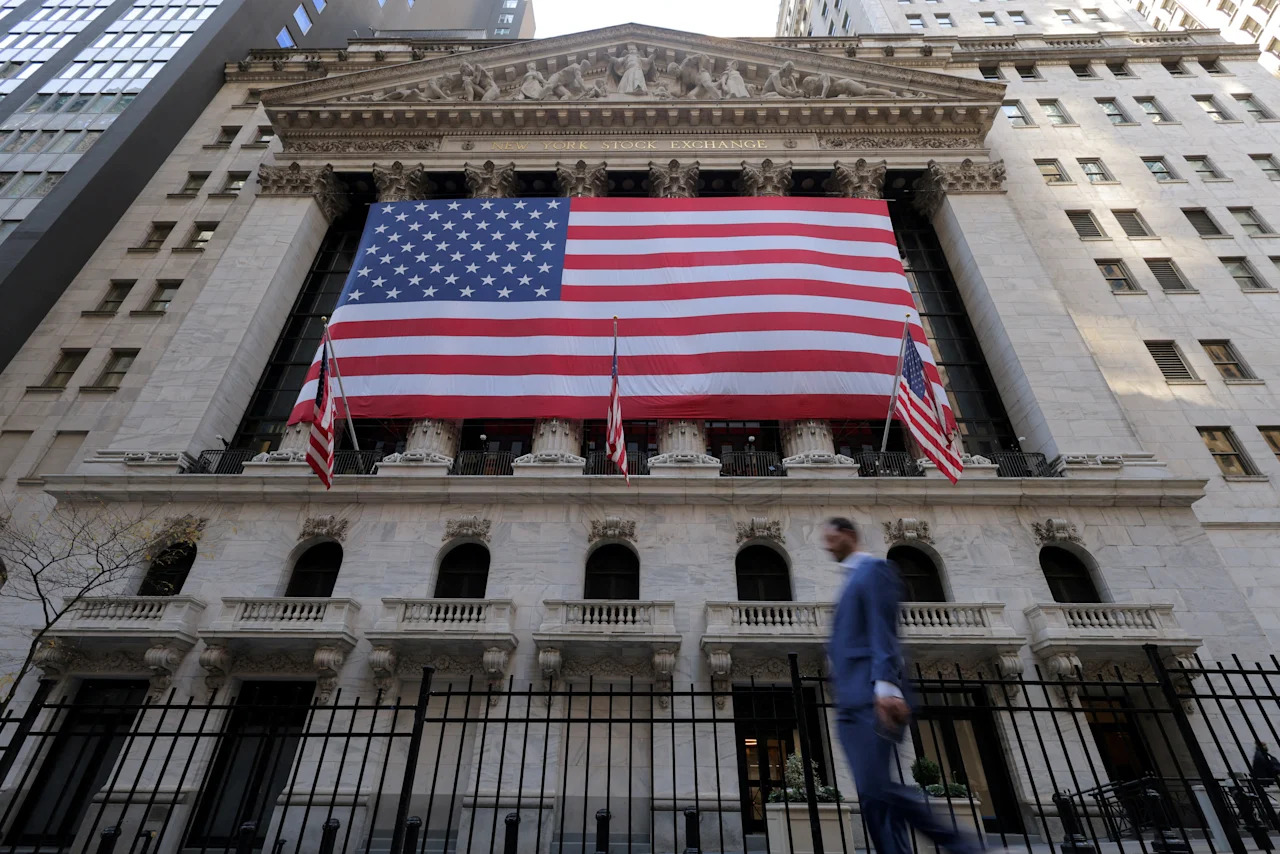2024 will be remembered as one of the most transformative periods in the global crypto regulatory landscape.
A Year of Regulatory Milestones
As crypto assets continue to steadily move into mainstream finance, policymakers worldwide are stepping up with comprehensive rules. From the United States president-elect pledging a strategic Bitcoin (BTC) reserve to the European Union’s rigorous Markets in Crypto-Assets (MiCA) directive, regulators made one message clear: We are from the government, and we are here to help regulate!
A Global Perspective
President-elect Donald Trump’s plan to establish a strategic Bitcoin reserve in the United States has fueled enthusiasm and debate, with rumors now that six other international governments are looking to emulate the US, including Russia, Japan, and Thailand. Such a bold move signaled that top-tier governments now consider Bitcoin strategic holdings rather than fringe experiments.
Across the Atlantic, the EU’s MiCA regulation compelled crypto exchanges to over-comply by delisting non-compliant stablecoins ahead of regulatory deadlines, effectively pushing USDt (USDT) from what some might consider one of the world’s less relevant markets. Tether did not seem to be shedding any tears in the corner; it continued to grow its market share despite the EU regulatory shake-up.
The UAE’s Regulatory Landscape
The UAE has no shortage of regulatory bodies shaping its crypto sector. With five regulators now available for companies seeking virtual asset services, businesses can align with the legal environment best suited to their offerings. Regulatory arbitrage available within the UAE is a feature, not a bug, but this feature needs to be navigated intelligently, bearing in mind the overarching federal regulations.
A highlight of the year was when the Central Bank of the UAE (CBUAE) introduced the Payment Token Services Regulation via Circular No. 2/2024 in June 2024, regulating the issuance of stablecoins. Moreover, after a 12-month grace period, businesses in the UAE will only be allowed to accept crypto payments in dirham-backed stablecoins issued by CBUAE-approved entities.
Similarly, the Abu Dhabi Global Market (ADGM) introduced a regulatory framework specifically for stablecoins, or ‘fiat-referenced tokens.’ Under these rules, issuers must fully back their tokens with reserves, maintain strong governance, and ensure rigorous transparency.
Tax Developments
Recent tax developments from the Federal Tax Authority provided that all cryptocurrency transactions are exempt from value-added tax (VAT) from Nov. 15, 2024, retroactive to Jan. 1, 2018. This tax relief is only relevant to those making a lot of trades on centralized UAE exchanges and being charged VAT on exchange fees.
Therefore, please disregard the hyped-up, misleading tweets claiming the UAE has released all virtual assets from taxes. That is not the case.
The Dubai International Financial Centre (DIFC)
The DIFC enacted the Digital Assets Law No. 2 of 2024, which provides a comprehensive regulatory framework for digital assets in the UAE. The law aims to attract more businesses and investments into the region’s thriving fintech ecosystem.
Regulatory Clarity Attracts Global Players
Regulatory clarity has a gravitational pull, and in 2024, it drew significant market players to the UAE. Heavyweights like Binance, Crypto.com, OKX, and Bybit received VASP licenses, expanding the range of services available, from exchange and lending to derivatives trading.
Ripple obtained in-principle approval from the Dubai Financial Services Authority within the DIFC. Meanwhile, in the ADGM, prominent companies such as Blockdaemon, Circle, Paxos, and eToro made significant expansions or relocations, attracted by the region’s clarity and business-friendly climate.
Gazing into the Future
As 2024 draws to a close, the shape of the future is becoming more apparent. In the US, all eyes are on the incoming Bitcoin strategic reserve. Europe’s MiCA framework may tighten further, pushing more companies out of the EU.
Within the UAE, the trend is toward more granular rules for token issuance, stablecoins, and decentralized finance platforms. However, despite tighter regulations, the UAE is expected to attract even more global players.
Buckle…no, Lawyer Up for 2025
Expect stronger Anti-Money Laundering rules, more defined stablecoin governance, and deeper cross-border regulatory cooperation in the coming year. With the ongoing development of the crypto market, it’s essential to stay informed about the latest regulations and their impact on businesses.
Irina Heaver is a leading Bitcoin and Crypto Lawyer based in the UAE and Switzerland, recognized globally for her extensive experience and technical expertise. She holds a Juris Doctorate from Monash University and a Master of Laws degree in International Taxation and Energy Laws from Melbourne University, with advanced specializations in AI and blockchain technologies.
This article is for general information purposes and is not intended to be and should not be taken as legal or investment advice. The views, thoughts, and opinions expressed here are the author’s alone and do not necessarily reflect or represent the views and opinions of Cointelegraph.



